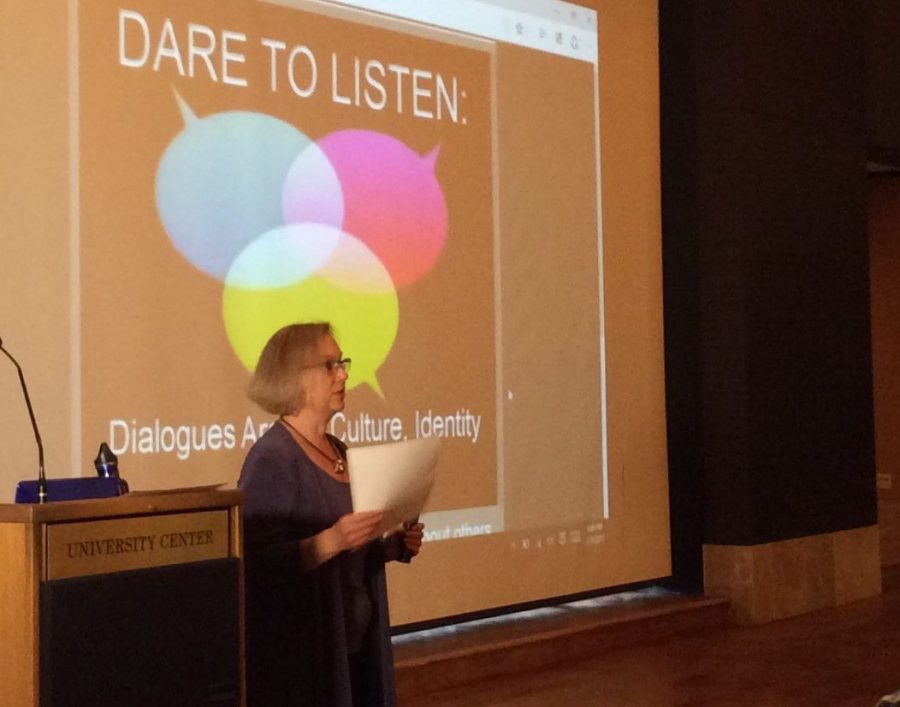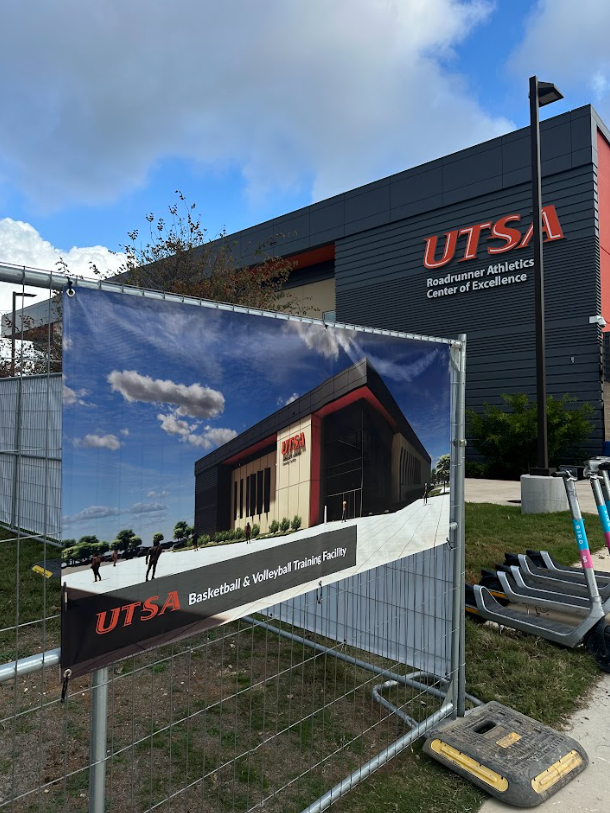It is not breaking news that San Antonio has had its share of injustices. From the plight of Emma Tenayuca and the Southern Pecan Shelling Company’s worker’s strike in the 1930s to a more recent case regarding the off duty police shooting of Marquise Jones on the northeast side, the Alamo city has always had racial injustice as part of its story. We all carry different experiences, stories and questions about race relations and societal constructs. In an attempt to bring awareness to our differences, the Student Center for Community Engagement and Inclusion (SCCEI) along with Dr. Sara DeTurk’s Training and Group Facilitation Class host intergroup dialogue sessions to foster consciousness.
“Intergroup dialogue is dialogue that’s intended to help people from different backgrounds to understand each other’s experiences and points of view,” says DeTurk. “The purpose of this dialogue is to encourage dialogue that is about understanding, rather than persuading. It’s listening to understand. It’s avoiding debate. It’s showing respect for each other.”
The idea was originally put into practice on campus 10 years ago, according to DeTurk, when she was advisor to the Global and Intercultural Communication Alliance—what is now the SCCEI. Dialogues were held on intercultural topics. The intercultural communication endeavor was started back up again last year as part of communication week.

The event follows an open forum format. Students are encouraged to sign up through RowdyLink. Upon arrival students are assigned to different tables in groups of 8-10; facilitators from DeTurk’s class will work as guides through the dialogue sessions at each table. Students have about two hours to share their experiences and standpoints on the topic at hand for each dialogue session. The upcoming dialogue focus will be on racial justice.
By initiating self-disclosure and active listening, participants are able to learn about the views and backgrounds of others at their table. The facilitators aid in maintaining respect and comfort throughout the experience. Towards the end of the two hours, facilitators have been coached by DeTurk to broaden the scope of conversation to what the participants believe they can and should do moving forward to eliminate racial injustices they feel exist.
“Racial justice means that our racial identities don’t limit our opportunities or the respect we gain from each other or interfere our communication or ability to form authentic relationships with one another,” according to DeTurk.


This event, the second of the Structured Dialog Series: Dialogs Around Identities & Differences / Racial Justice takes place Wednesday Nov. 8 at 6 p.m. in the HUC Harris Room.
DeTurk says, in regard to the event that, “I’m hoping that this will become a regular thing. If we get a good turnout and expression of student interest then that will be more likely. It’s a great opportunity for student to student conversation. Students who do come away feeling wowed, that this is amazing, and it’s not the kind of really intense dialogue that they have in their regular day to day lives. I think it’s a really important opportunity, if you’re at a university, to learn about others and explore your own biases and experiences. That should be taken advantage of.”







